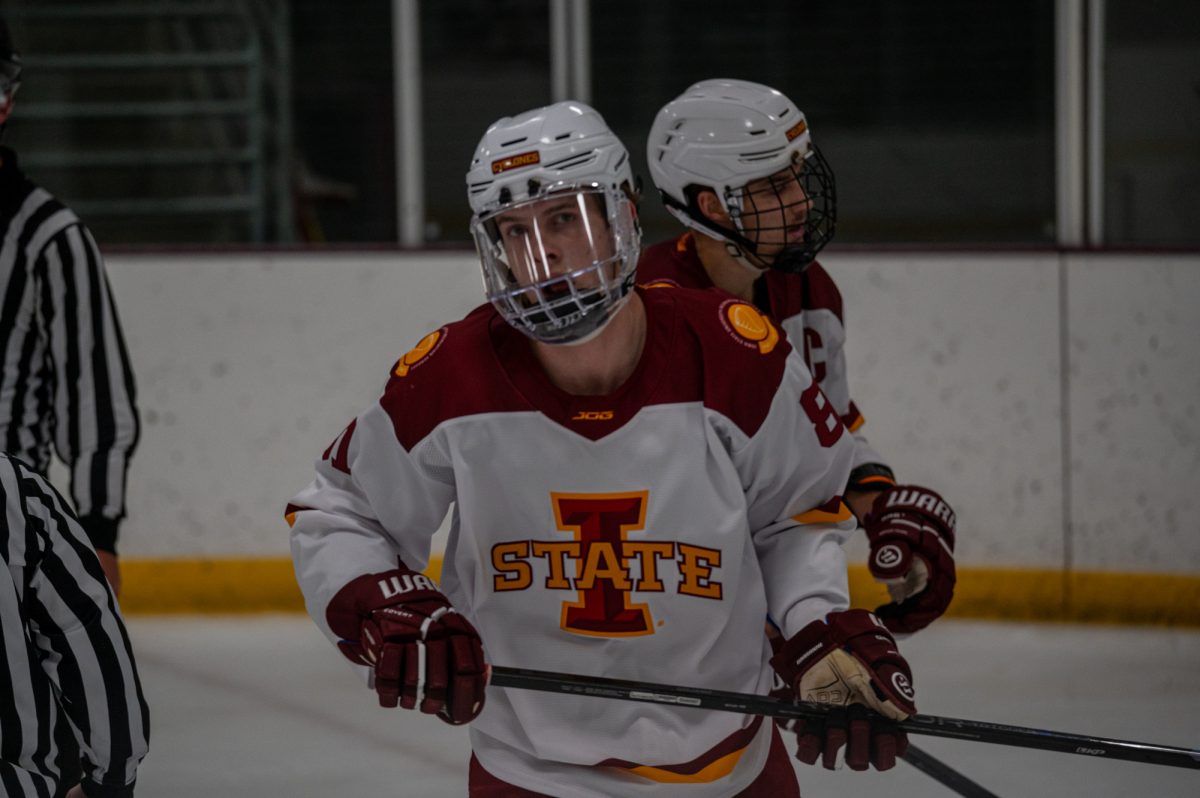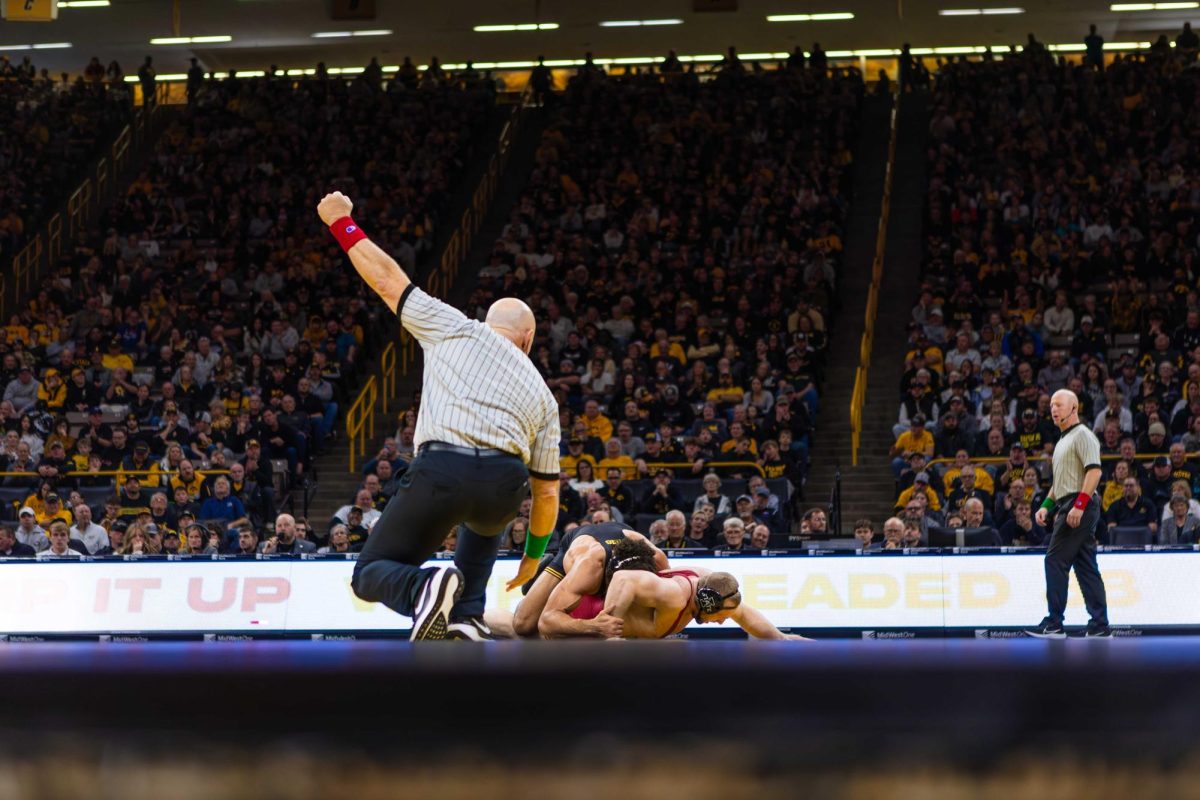Prayer ceremonies lacking prayer
September 19, 2001
I write in support of having prayer at national day of prayer observation gatherings. Friday’s event at the Campanile was described by the ISU provost’s office as “a campus ceremony to observe the National Day of Prayer and Remembrance” but didn’t include a single prayer.
Even people hostile to prayer ought to object to this incongruity if only to oppose false advertising. A day of prayer commemoration without prayer is comparable to a National Coming Out Day commemoration in which the organizers have asked the speakers to not “come out” themselves but only to speak of tolerance for those of all sexual orientations in the most general terms – perhaps out of fear of offending someone. Someone attending such a gathering might be surprised or even upset by this turn of events, as I know some people at the day of prayer event were.
If the day of prayer organizers were in charge of our football program, they certainly wouldn’t have canceled the Iowa-Iowa State game. Instead, they would have sent the players home, booked speakers to hold forth on “athletic diversity” and “tolerance for both running and passing plays,” and hoped none of the fans noticed that they weren’t watching a football game.
The obvious contradiction of not having prayer at “a campus ceremony to observe the National Day of Prayer and Remembrance” is even more puzzling since many of the speakers spoke in favor of religious tolerance and diversity. What better occasion for religious diversity, such as a dozen brief prayers offered up by representatives of a dozen local religious communities? What better opportunity for those who advocate tolerance of religion to, well, tolerate it – tolerance, of course, meaning being willing to put up with something you don’t like.
Those uninitiated to university doublespeak should know, however, that the meaning of the terms diversity and tolerance are no more self-evident than the meaning of the ceremony. The commitment of American university communities to religious tolerance and diversity is a mile wide and an inch deep. Those calling for “religious tolerance” typically mean that they think religions should tolerate each other, not that religious speech has a legitimate place in the marketplace of ideas.
Finally, let me be so bold as to suggest that prayer is a type of speech that might make a positive contribution to our national and campus discourse. For example, my religious tradition’s prayer book, the Book of Psalms, is filled with prayers that speak to times when “nations are in uproar” (Psalm 46) and to the feelings many of us are struggling with, including feeling surrounded by enemies (Psalm 56), feeling God has deserted us (Psalm 10), feeling alone (Psalm 142), and fearing death (Psalm 23). We are also taught to pray for our enemies and, not surprisingly, my church’s prayer vigil was one of the few occasions during the past week where I heard people recognize our shared humanity with our attackers.
Many may disagree with the opinions expressed in such prayers and in that respect prayer is not different from other types of speech. However, as the current public discourse contains its fair share of nationalism, hatred, and xenophobia, to say nothing of the normal commercialism, crassness, and inhumanity, it is hard to understand why prayer can’t have a place in our marketplace of ideas, or at least a place at “a campus ceremony to observe the National Day of Prayer and Remembrance.”
Dave Schweingruber
Assistant professor
Department of Sociology






